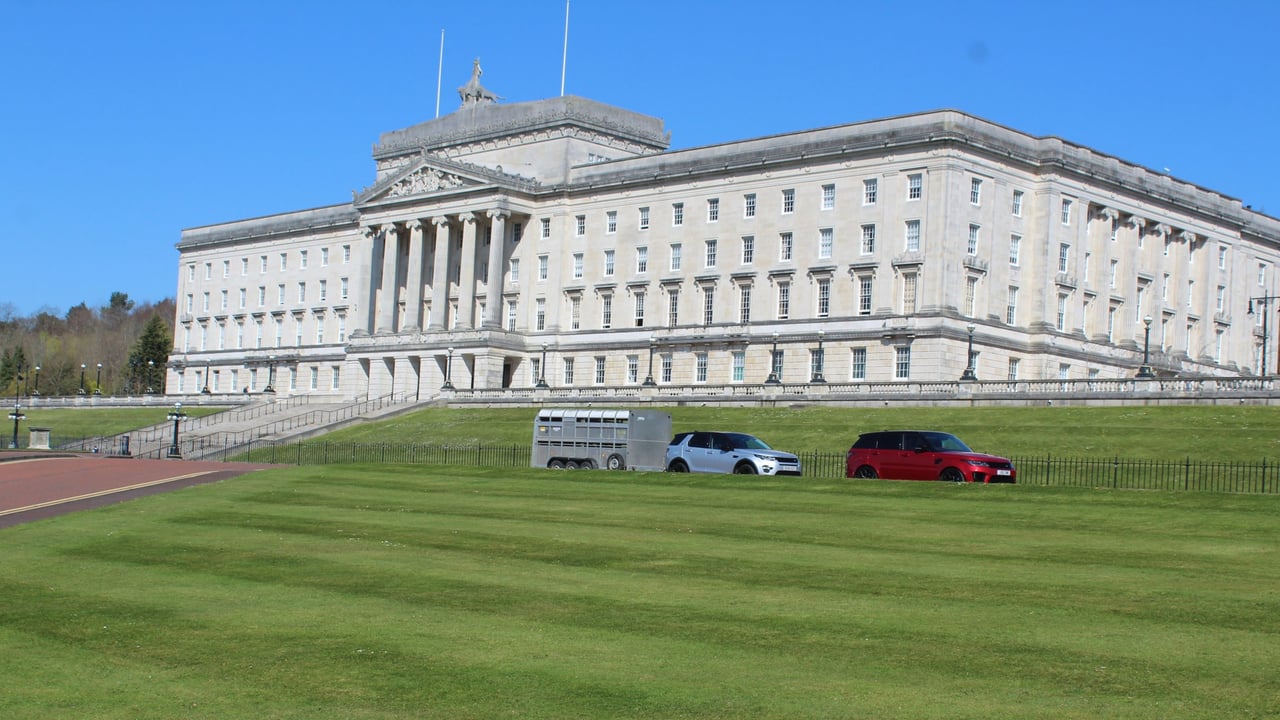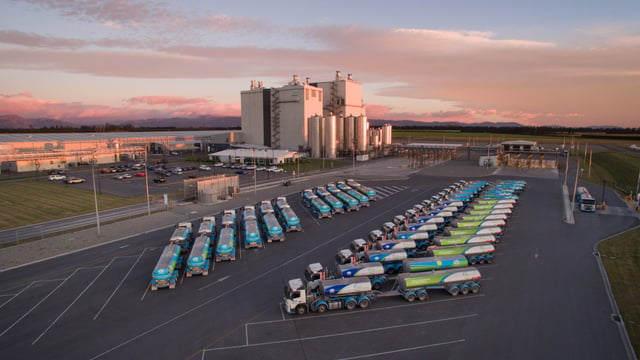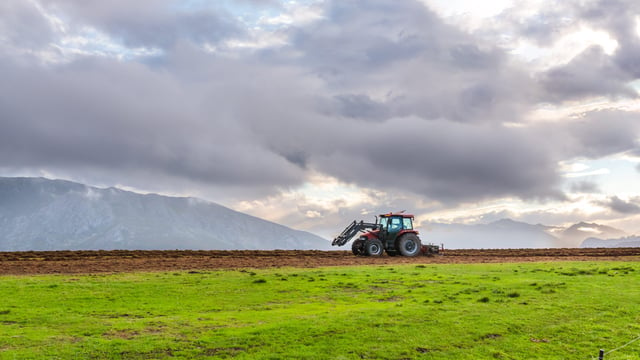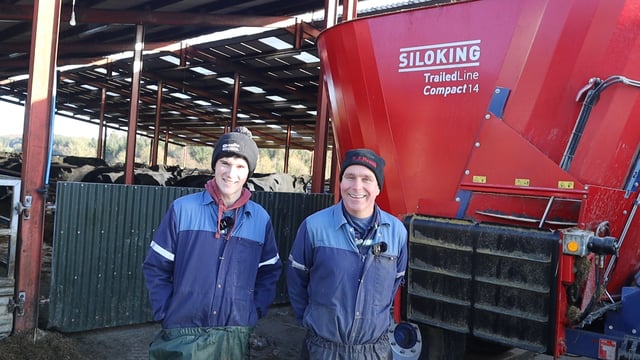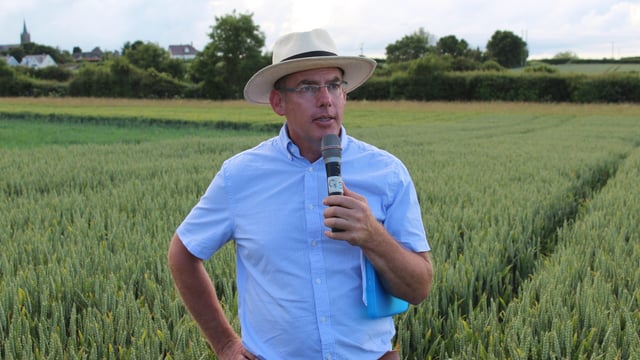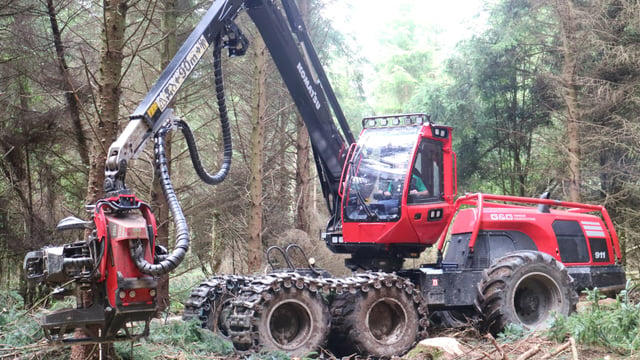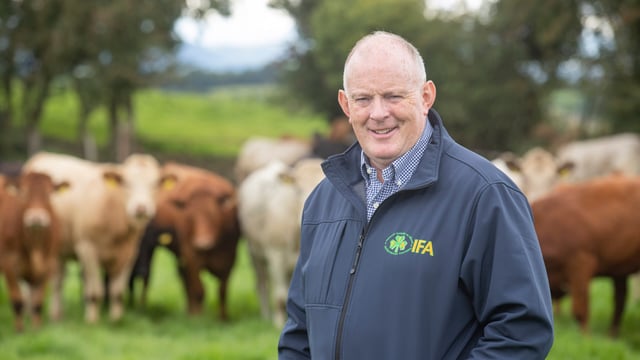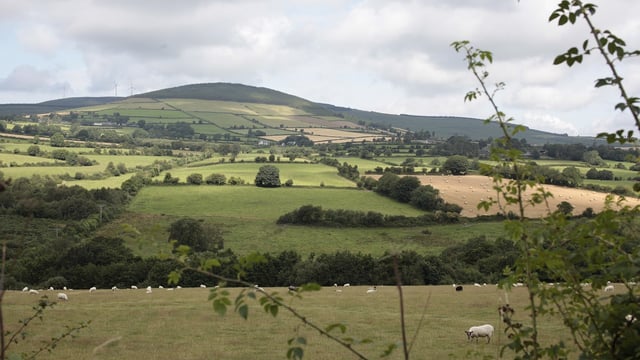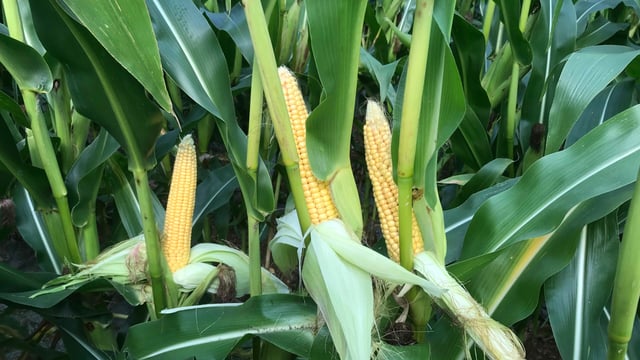Northern Ireland NAP 'an anti-farming strategy' - TUV
The pressure is building on Northern Ireland Minister of Agriculture, Environment and Rural Affairs, Andrew Muir, to deliver a farmer-friendly Nitrates Action Plan (NAP) for the region.
And this pressure is expected to increase further once the Stormont institutions resume in just over a week’s time.
One of the first decisions that Minister Muir will be centrally involved in will be that of appointing an independent chair of the new NAP stakeholder forum.
The forum is due to meet in the very near future with the results of its deliberations to be put out for consultation.
Traditional Unionist Voice (TUV) party chairperson and agriculture spokesperson, Councillor Allister Kyle, commented: "Once again we see the agriculture and environment minister throwing a tantrum because he is not getting his own way.
“Mr. Muir thought he could bounce through his NAP.
"This is an anti-farming strategy, which was drafted without any meaningful consultation with the people most affected - our farmers.
"Now, having met resistance, the minister is lashing out at others and trying to shift the blame.
“The reality is that farmers have already made significant behavioural changes, investing heavily in better practice and technology, and they deserve to be treated as partners in finding solutions: not as scapegoats.”
According to the TUV representative, everyone recognises that Lough Neagh faces serious challenges.
He added: “But it will not be fixed by demonising agriculture or by the minister attempting to railroad through ill-considered regulations.
“This problem has multiple sources: wastewater, septic tanks, industry, as well as farming. And any credible plan must address all of them fairly.
"The TUV will continue to oppose Mr Muir's anti-farming agenda and will stand up for our farming families, who feed us and care for the land, against a minister who seems more interested in grandstanding than in listening."
NAP
Northern Ireland’s current NAP runs through until the end of 2025. It was initially hoped that its successor would be agreed and fully implemented at the beginning of January next.
This is now highly unlikely.
There is unanimity amongst all of Northern Ireland agri stakeholder groups to the effect that new technologies will be required to allow farmers meet future environmental and water quality standards.
Whether support packages for farmers to invest in new management systems will be provided by the Stormont executive remains unknown at this stage.

